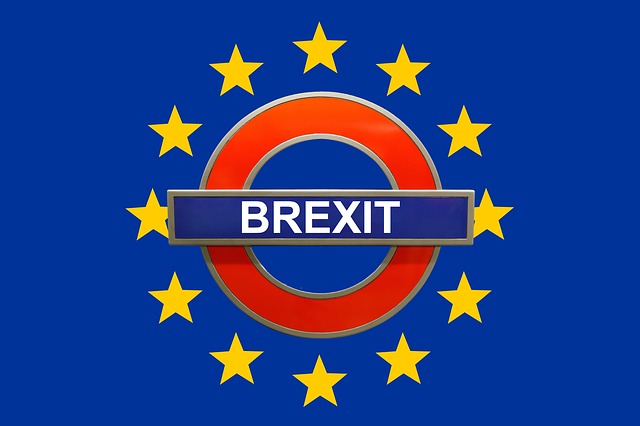

Following last December’s elections, the Conservative Party now holds the majority of the seats in the House of Commons, which means that the vote on the Withdrawal Agreement Bill (the legislation required to implement the Withdrawal Agreement in the UK) will presumably pass through the house. Once the Withdrawal Agreement Bill is approved, the UK will leave the European Union (EU) at 11:00pm on Friday January the 31st (UK time).
The transitional period
According to the current Withdrawal Agreement, a transition (or implementation) period will enter into force at 11.00 p.m. on Friday January the 31st (UK time) and will last until December the 31st 2020. Existing EU legislation will continue to apply to the UK during the transition period. Any EU legislation that comes into force during this period will also apply to the UK, which, however, as a “third country”, will no longer be allowed to send or appoint representatives to EU institutions (except, by invitation, as observers only), and will have almost no role in their drafting.
No “no-deal Brexit” and no extension of the transition period
A no-deal Brexit, which could have led to unprecendented repercussions on economic operators in the United Kingdom, will most likely not take place on January the 31st. However, the transition period is unlikely to be extended. Indeed, Clause 33 of the Withdrawal Agreement Bill outlaws the possibility for a UK minister to request an extension of the transition period beyond December the 31st 2020: unless the clause is revoked before the bill enters into force, or subsequently repealed (which is unlikely), any extension of the transition period can therefore easily be overruled in court.
The trade deal between the UK and the EU
As the Brexit negotiator Michel Barnier made clear, the negotiations will be complex and will have to be staggered; the EU will limit the first phase to what can reasonably be achieved in 11 months, and this phase will focus mainly on the trade of goods, the regulatory level-playing field and access to fishing waters.
What to expect
Companies can now expect either a trade deal with the EU on January the 1st 2021, or the less likely possibility that no trade deal will be agreed. In both scenarios, a pre-prepared business plan for the event of a “no deal Brexit” could be useful this time next year. This is because even if a trade deal is reached by December the 31st 2020 the scope of the agreement will most likely be limited to the trade of goods, leaving aside crucial issues such as the free-movement of services.
Our recommendations to businesses
- Understand the impact of the Withdrawal Agreement and the Withdrawal Agreement Bill to your industry and specifically for your company. Although the implementation of the transition period will keep things as they are until December the 31st 2020, after that date there will be changes for which preparation is necessary.
- Understand the regulatory effects of a possible subsequent trade deal between the UK and the EU and prepare accordingly.
- Consider the impact of Brexit on individuals linked to the Company; from the immigration aspect to the employment one.
Our multidisciplinary team (legal, tax, accounting and auditing) is here to assist you and your business with your transition throughout the Brexit process. Together, we will work to turn business risks into opportunities and to be prepared for success, regardless of what the future holds after January the 31st.








